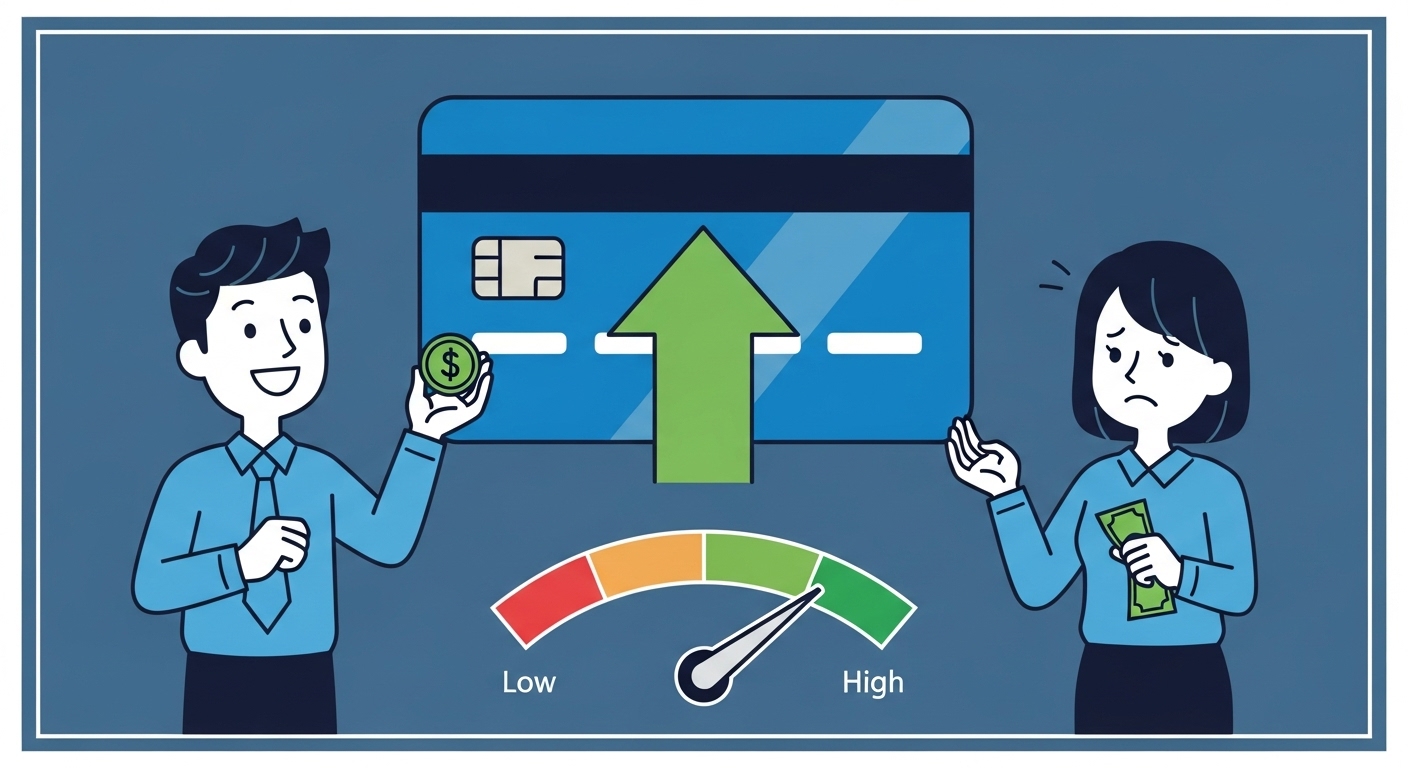How to Manage Multiple Credit Card Bills Efficiently


The Paytm Editorial Team is a collaborative group of writers, editors, and industry experts. We're dedicated to bringing you the latest insights, news, and guides on digital payments, financial services, and the technology that's shaping India's economy. We offer easy-to-follow guides and insights to help you explore Paytm’s products, features, and services. Our goal is to provide clear, reliable, and helpful information to empower you on your financial journey.

Before applying for a credit card, it’s important to understand the eligibility conditions set by banks and credit…
Whether you are in a medical emergency or you want to go on an international holiday, credit cards…
Ever wished you could enjoy the convenience of UPI payments while still taking advantage of the flexibility of…
A credit card is a financial tool that allows its users to borrow money from your bank, in…
Choosing the best credit card to buy for yourself is the most important, and most challenging part of…
Understanding how your credit card payments work and how they affect your financial standing is a truly important…